From professional seminars revolving around artificial intelligence in journalism and media, interviews as “AI era lecturers”, to alumni meetings. And then, in all those conversations, a common concern always appears: AI and the future of professionals.
 |
Author |
My students asked: “Teacher, will there still be work for us?”. A former student confided: “The tools that could do many things in the past had to be done by ourselves. The agency is now streamlined, I wonder if we still have a chance...”. And even though I tried to keep my faith, there were times when I paused to wonder: in the end, what was left?
We live in an age where technology can change both the speed of production and the way we receive information. Artificial intelligence can write articles, make videos, simulate emotions. But amidst all these conveniences, I still believe: what makes a journalist is not the tools, but kindness, sobriety and the real presence of a human being.
Journalism is about people – writing for readers and being responsible to the community. It is about choices: what to write, how to write, and for whom. AI cannot answer those questions with conscience – it only optimizes data and syntax. Journalists are different. They know how to stop before a pain, stay away from easy sensationalism, distinguish between “can be reported” and “should be reported”. And most importantly, they are responsible for the work they create – with their name, their conscience, and their professional personality.
As a teacher, I don’t think it’s my job to teach students how to avoid technology. On the contrary, I always encourage them to learn how to use it selectively and responsibly. What worries me is not AI writing articles, but rather the loss of the ability for humans to question, verify, and consider. When things become too easy, too fast, people are easily satisfied with a smooth manuscript that lacks the truth. In journalism, the truth must never be blurred.
In my classroom, I have seen students use AI for almost every learning task – from researching knowledge, doing exercises, planning content for reports, to preparing presentation slides. But the more they use it, the more confused they become: “Teacher, I don’t know if this result is right or wrong…”, or “Should I write it myself now, teacher?”, or “I’m used to it, now I feel embarrassed to write it myself, teacher”. And I myself, as a teacher, was also confused: how to evaluate students, how to encourage them to develop real thinking, not just to be the one to piece together the results of the machine.
I used to tell students: “You can ask AI to suggest ideas, edit sentences. But you have to write the final sentence. And you have to take responsibility for that sentence.” This is not just a piece of writing advice, but a message about professional ethics. Journalism, after all, is not just about reporting the news as quickly and as widely as possible – it is about not losing our humanity in an increasingly automated world .
We tell stories, not because AI cannot tell them yet, but because human stories need to be told by humans – with emotions, understanding and professional ethics that cannot be programmed. Among hundreds of smart tools, journalists still need to retain something that seems old but never redundant: journalism – to remain human.
PHAM HUONG (Lecturer of Journalism, University of Education - University of Danang )
Source: https://baoquangtri.vn/ai-va-tuong-lai-cua-nguoi-lam-nghe-bao-194438.htm








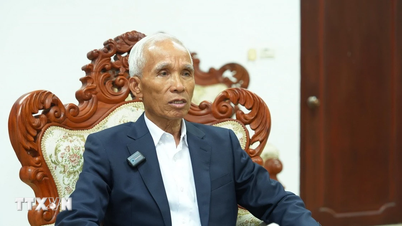





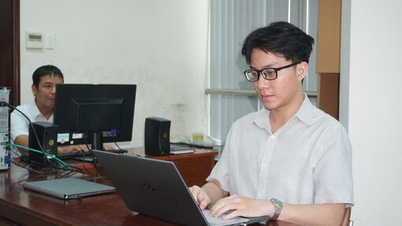












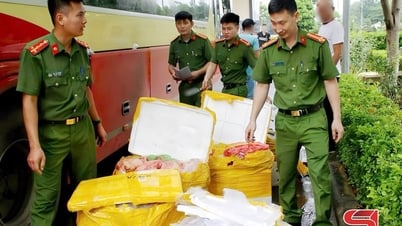









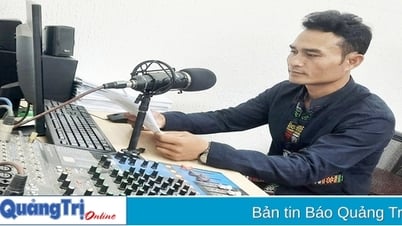
















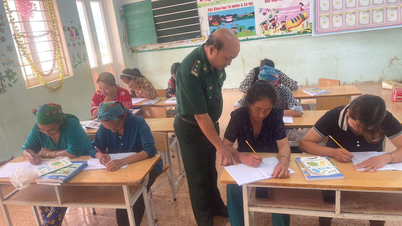











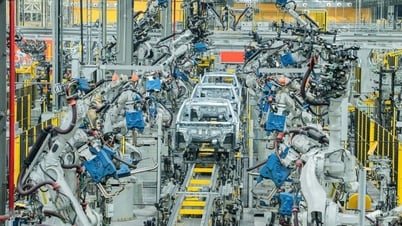
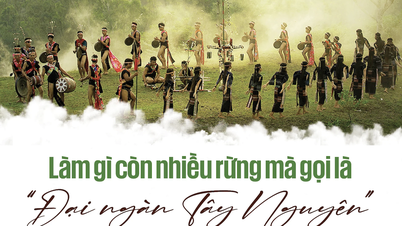

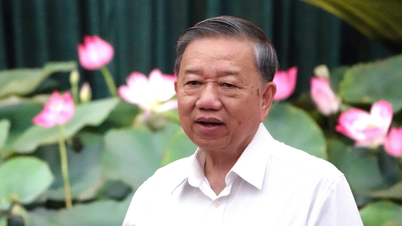

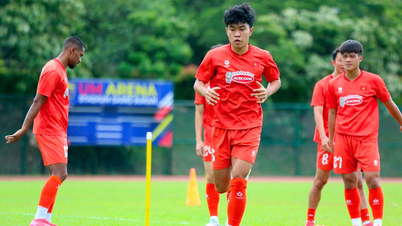










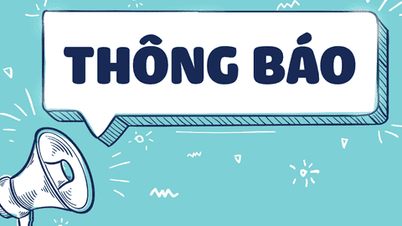

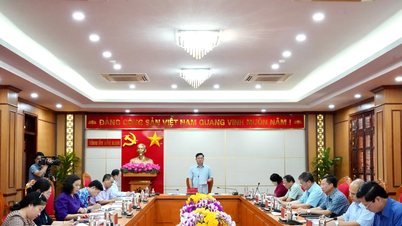

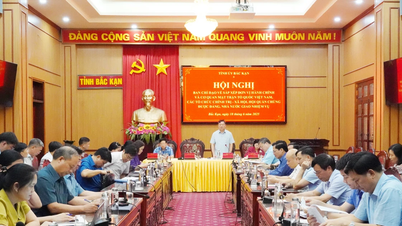
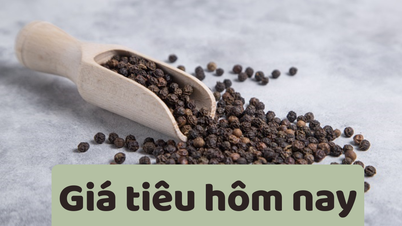


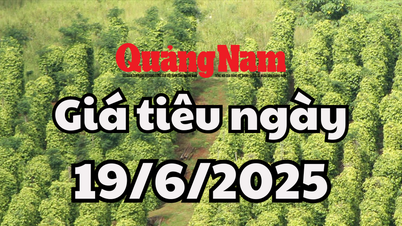














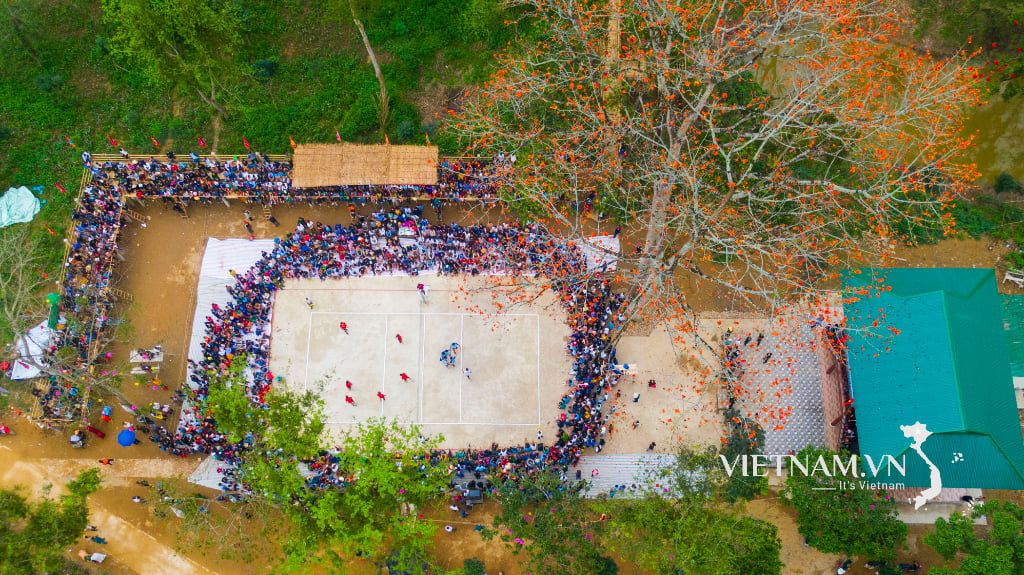
Comment (0)